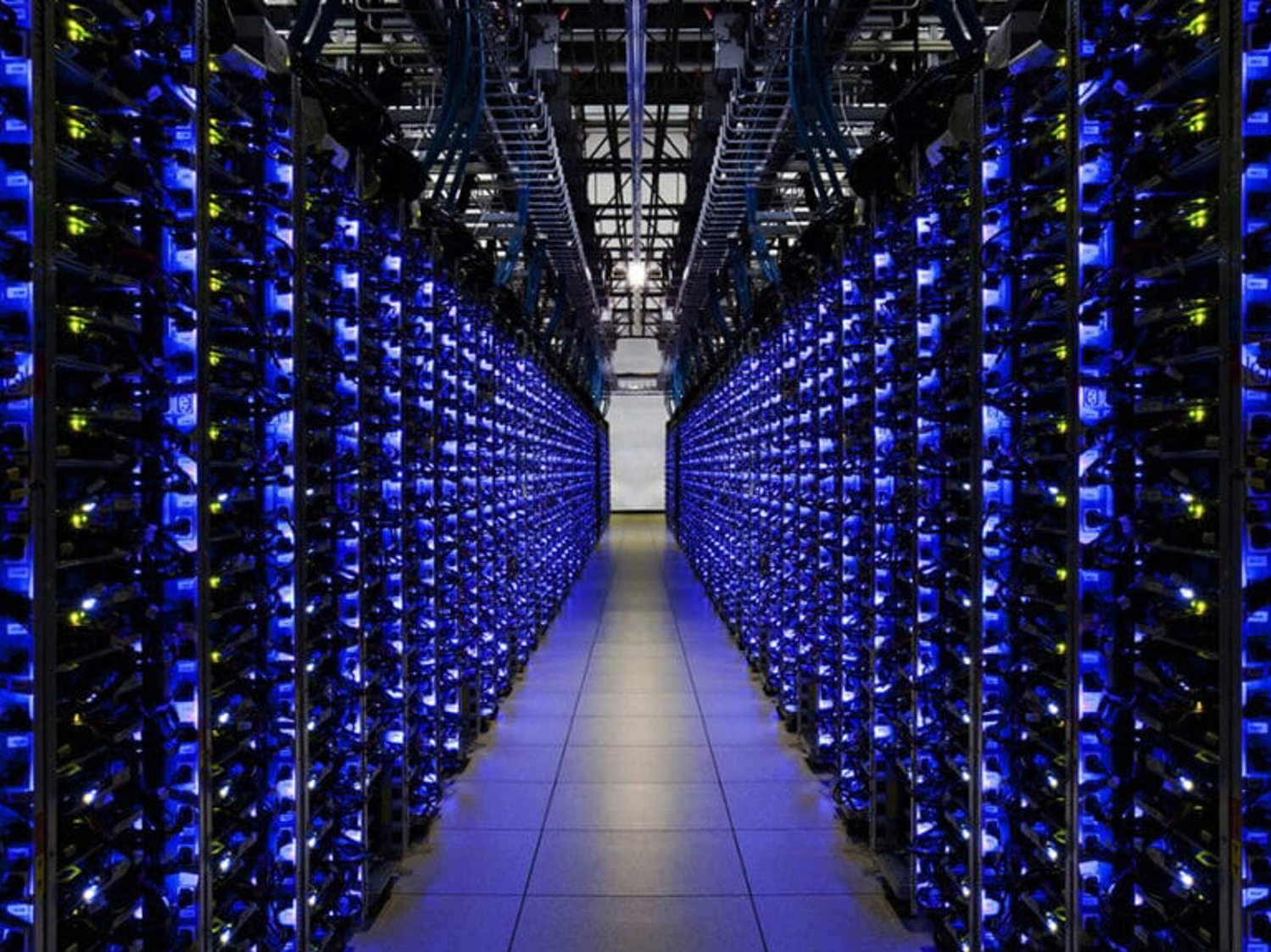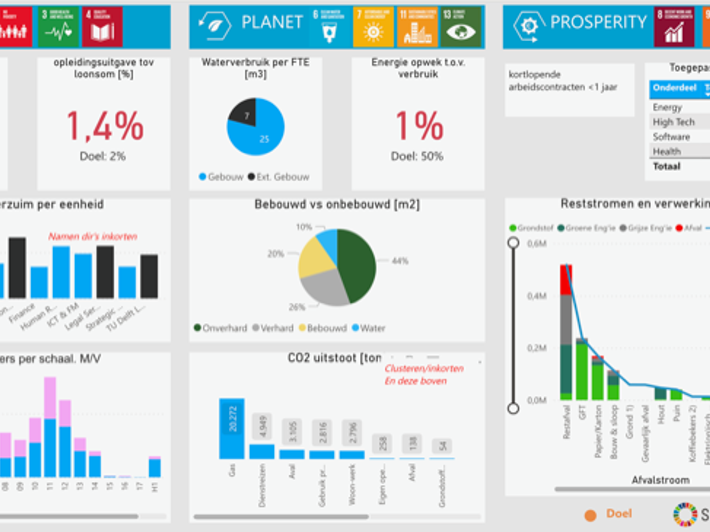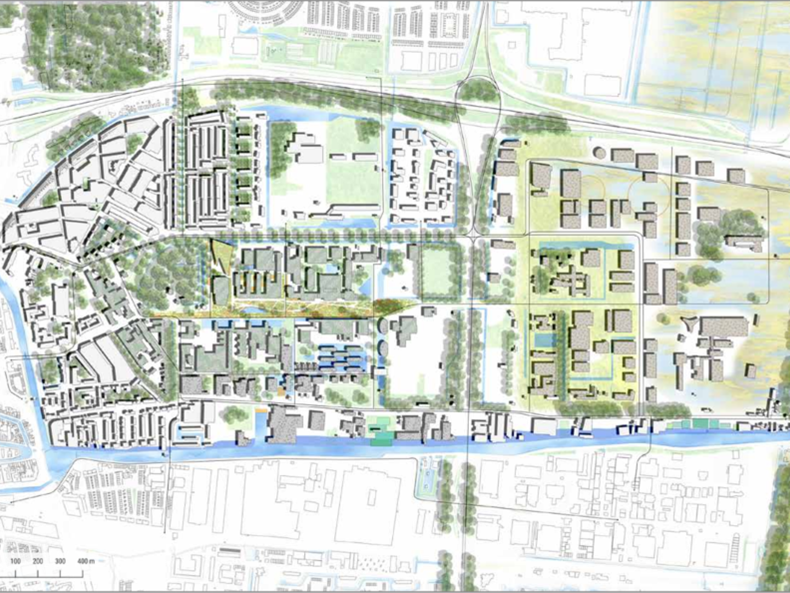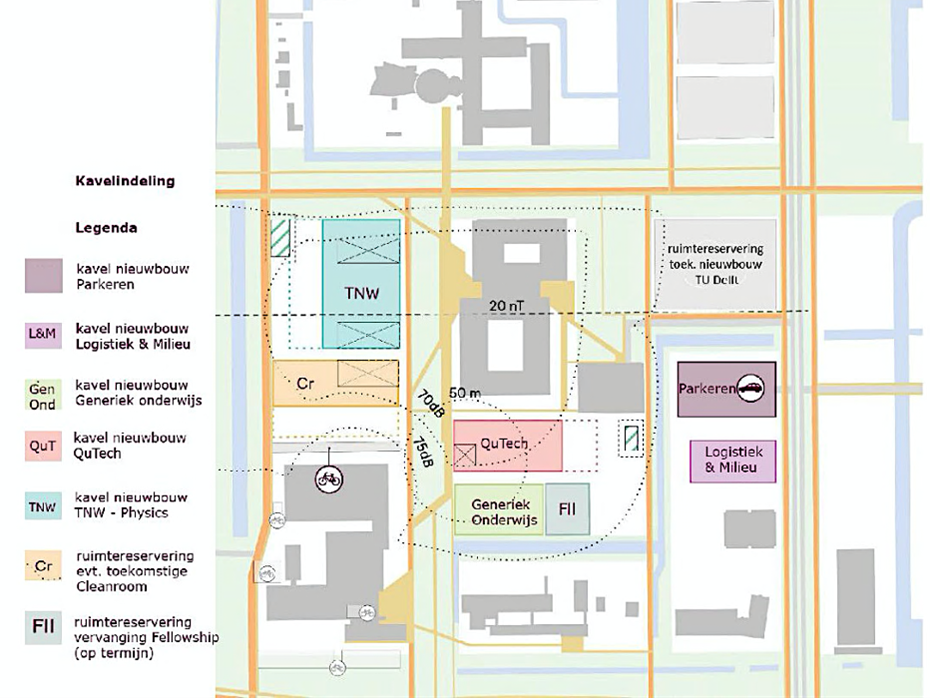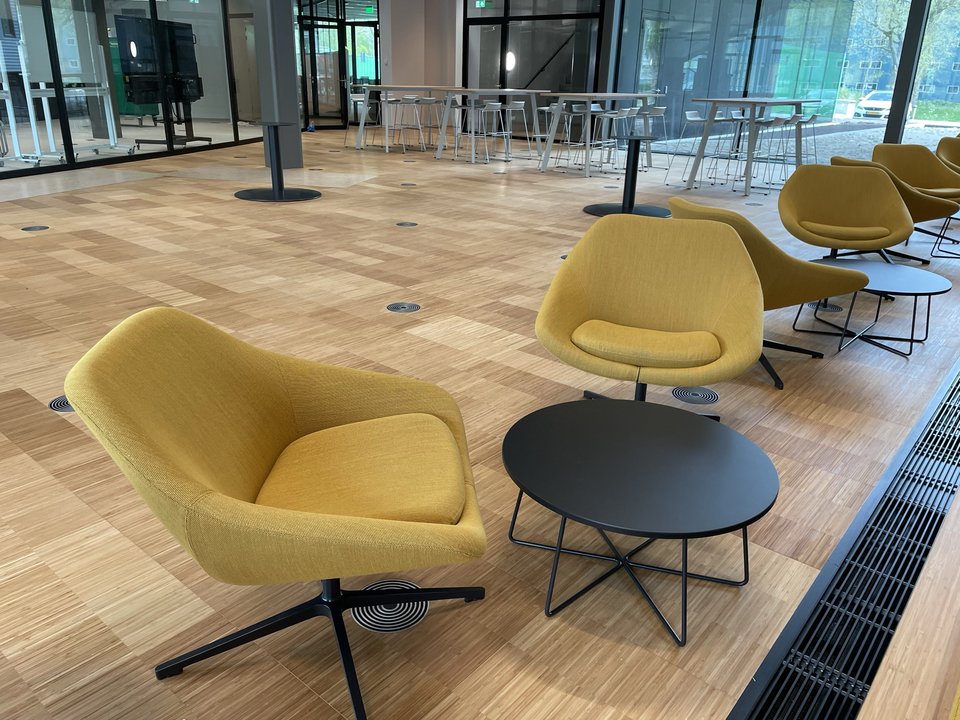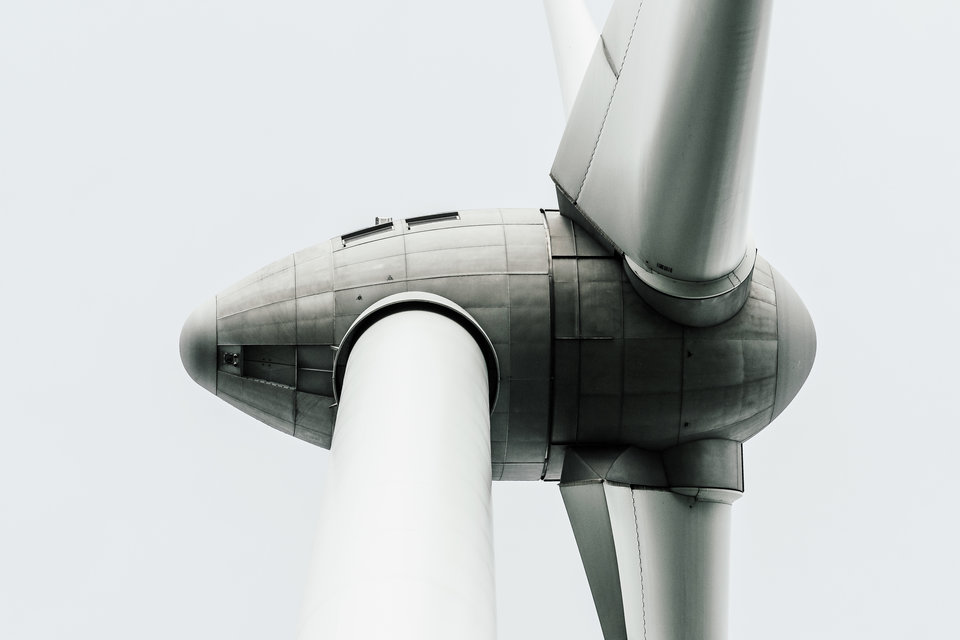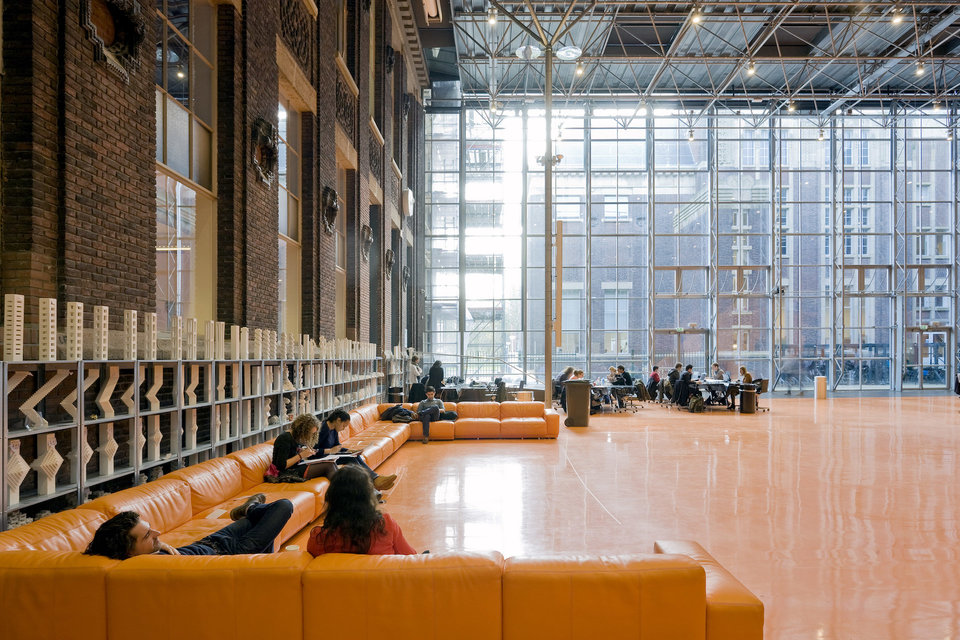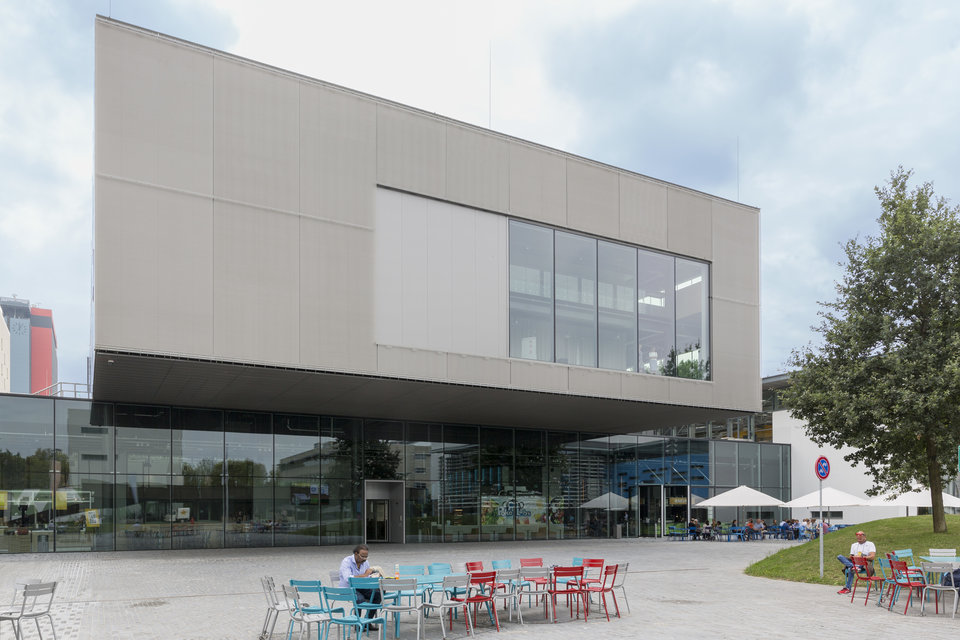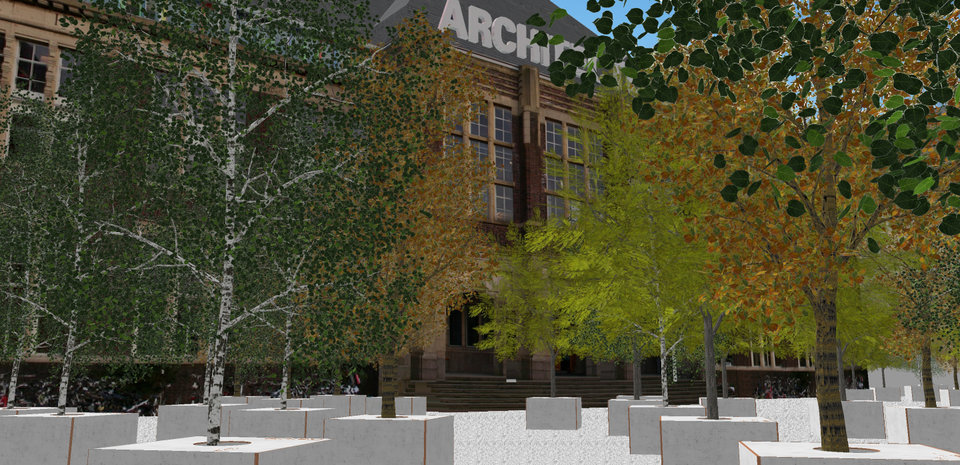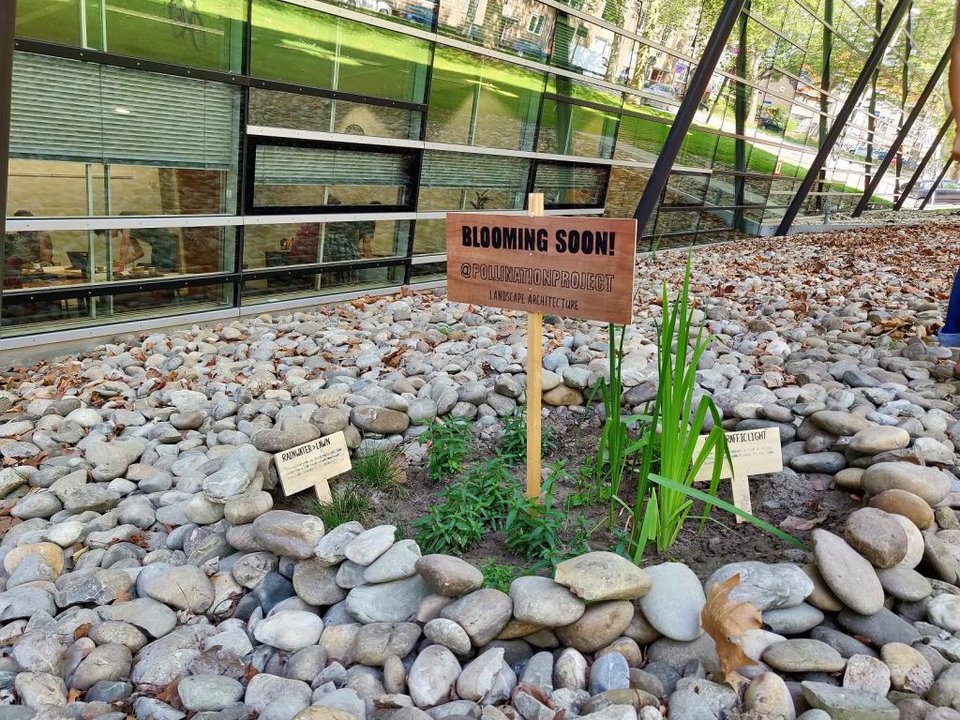Research, valorisation and education for sustainability cater for knowledge development and dissemination to practice and students. In itself, those activities do not cause environmental damage. The operation of these activities, directly or indirectly, do. Therefore, it is TU Delft’s greatest challenge to reduce the impact of its processes. This refers to all activities, actions and projects on the campus and done outside the campus but related to TU Delft.
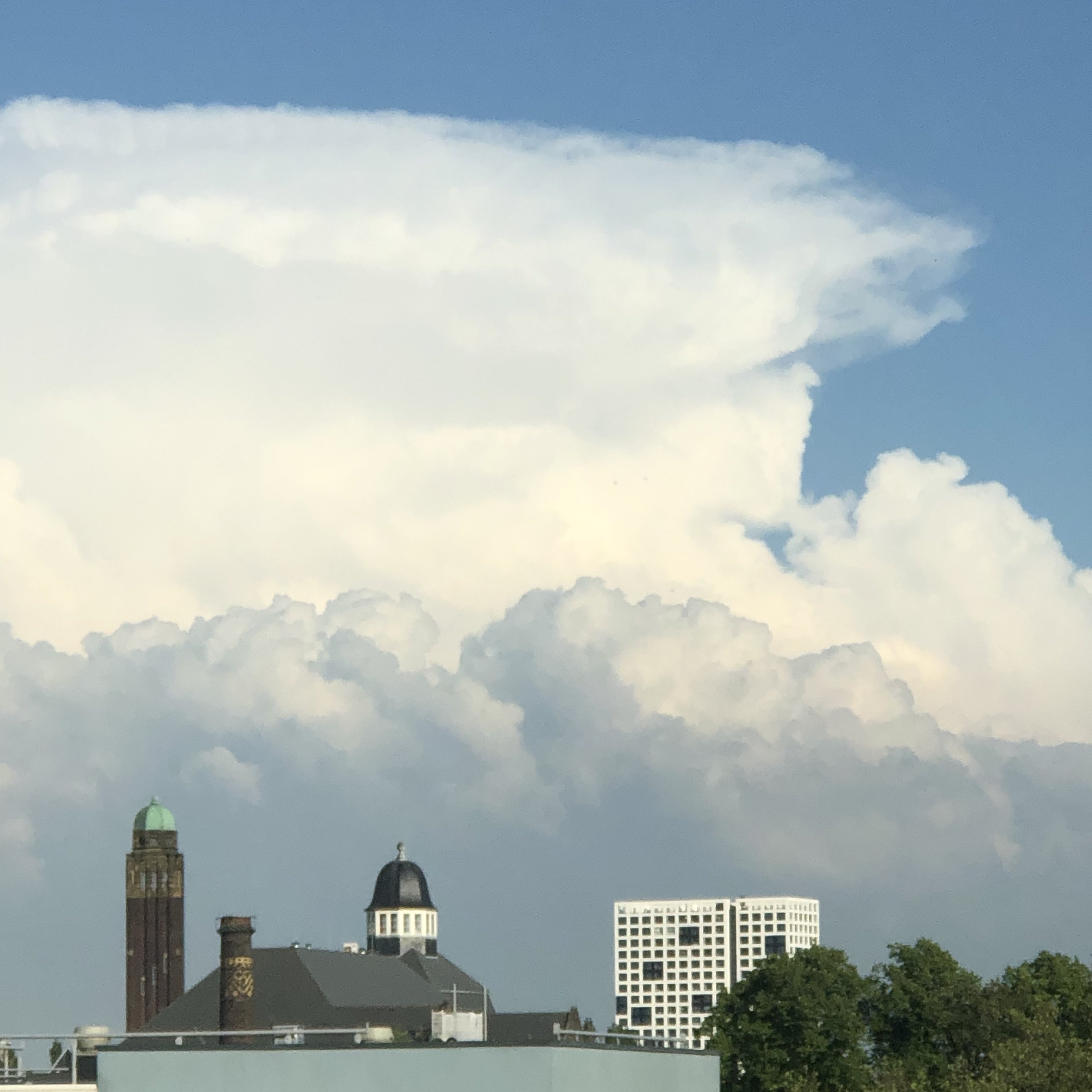
Sustainability themes
The impact of activities on the campus can be categorised under several themes. The impact of most of these are directly or indirectly related to the flows of resources (energy, water, materials, food) and their wastes. Think of Energy Systems, Construction & Renovation, Procurement & Waste Management, Food & Beverage, and also Mobility and the services facilitating these: ICT, AI & Data Management. The EcoCampus theme primarily relates to green and water on the campus.
EcoCampus
Green and water on the campus influence quite a few aspects of sustainability, foremost the liveability for people and nature. Green helps to increase biodiversity, to retain rainwater in substrates and biomass, to cool the campus through shading and evapo-transpiration, to filter fine particles from the air, to sequester carbon and nitrogen, and to create a pleasant environment. In these times of aggravated climate change, reducing heat stress and dealing with excessive precipitation on the one hand and droughts on the other are paramount. More water retention on the campus and more green help to do so. The EcoCampus team is working on plans to reach this aim.
Construction & Renovation
The campus accommodates more than fifty buildings, which since 1960 were built in different times. Some of these are very energy-inefficient. Some include harmful materials. In due time, the entire campus needs to be carbon neutral and circular, meaning that every premise will have to comply with this goal, individually or jointly. The Construction & Renovation team works on plans of renovating and transforming existing buildings and to make new ones the most sustainable to date.
Energy Systems
Underlying all premises is the campus’s energy systems for heat, cold and electricity, including storage. The current high-temperature heat system running on natural gas will have to transform into a sustainable one fed by renewable sources such as geothermal heat. Moreover, with climate change increasing temperatures in the Netherlands, cooling becomes ever more important. Finally, the electricity system now runs on wind power from elsewhere. In the near future 50% of all energy needs to be produced on campus, so a rapid energy transition is needed. The Energy Systems team works on this.
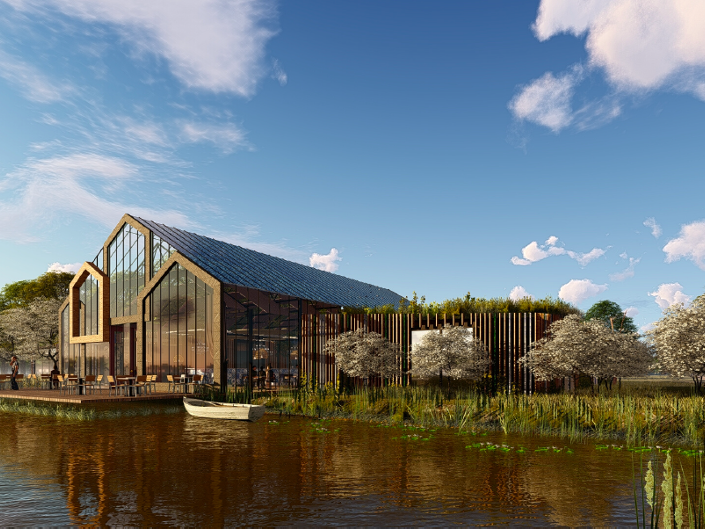
Mobility
There are three types of mobility by the TU Delft community: commuter travel, business travel and international student travel. Each one of these needs to become sustainable, starting with the reduction to what is strictly needed for the activities of an internationally active, collaborating and engaging university as TU Delft. The Mobility team works on employee and student arrangements, travel policy and solutions for sustainable travel to and from the campus.
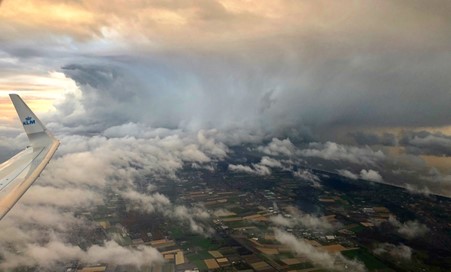
Food & Beverage
The production, transport, storage and waste flows affiliated with food and beverage are an important factor in greenhouse gas emissions. The system behind restaurants, food courts and food trucks on the TU Delft campus needs to become healthy and sustainable, focussing on seasonal, local, organic, animal-friendly, primarily plant-based food. The Food & Beverage team works on solutions to make this happen.
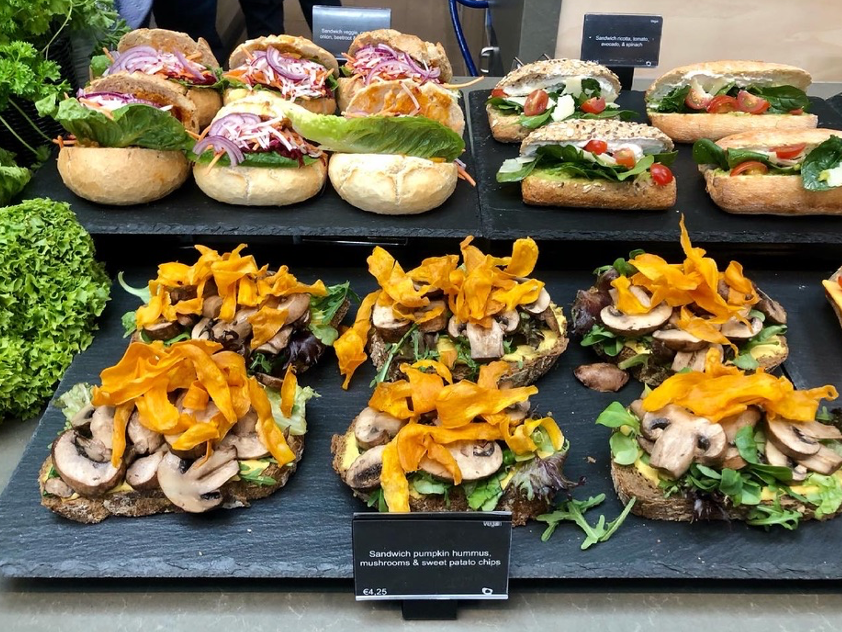
Procurement & Waste Management
Oftentimes, the impact of all the stationary, furniture, equipment, clothes and stuff we in society and at the campus buy, use and waste is an overlooked aspect of environmental damage and climate change. The embodied carbon related to extraction, production, transport, storage, usage, maintenance and reprocessing is immense. Therefore, at TU Delft the Procurement & Waste Management team works to include this as accurate as possible, working towards a fully circular system without waste.
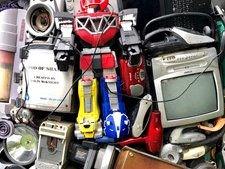
ICT, AI & Data Management
Another oftentimes hidden aspect of environmental damage and carbon emissions: the use of data – and thereby of energy and other resources – for ICT, AI and other digital purposes. The impact of datacentres, servers and computers needs to be reduced, yet also: ICT and IA can play an important role to create a smart sustainable campus, which can be a role model for cities. The ICT, AI & Data Management team works on both strategies.
